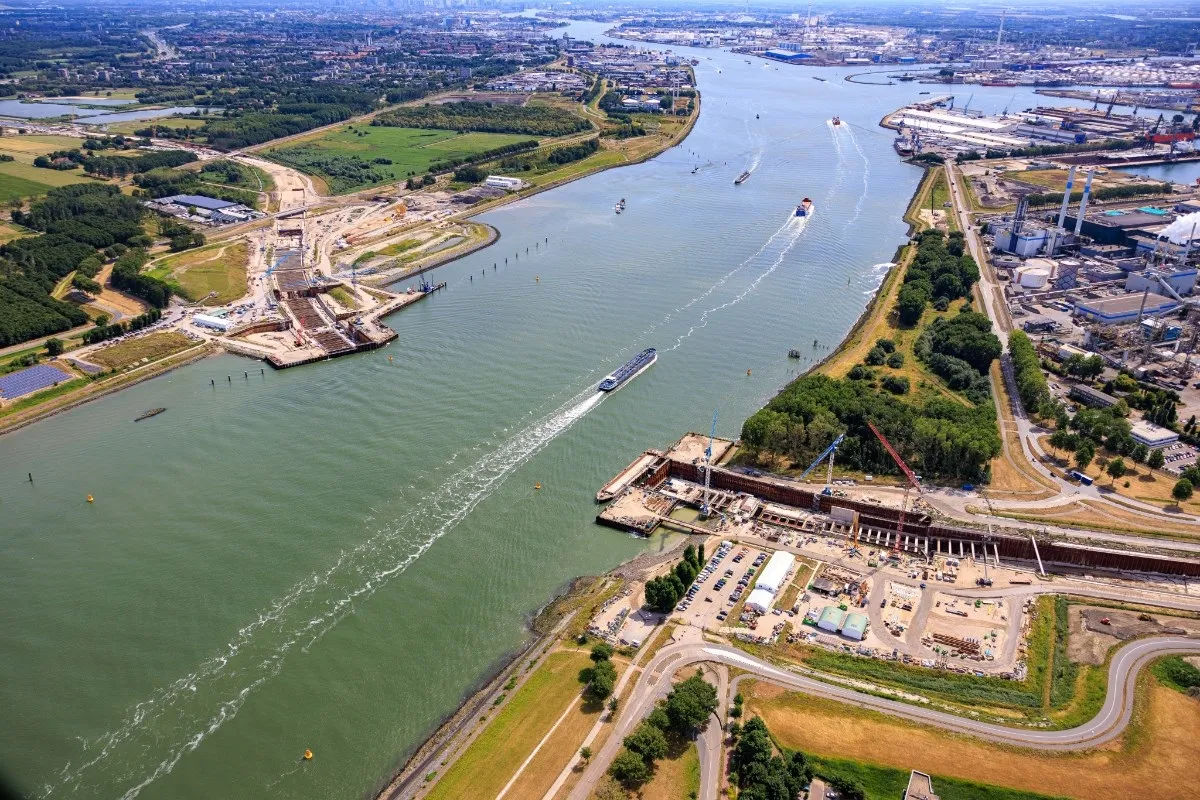Aquila Capital today announces that it has launched a strategy giving institutional investors access to a portfolio of direct and fund investments in infrastructure. With a minimum investment period of two years, the strategy's investment horizon is significantly shorter than that of classic infrastructure investments.
The focus of the investment strategy will be to generate stable cash yields by constructing a diversified infrastructure portfolio. Extensive diversification will be achieved through a ran
March 3, 2016
Read time: 2 mins
Aquila Capital today announces that it has launched a strategy giving institutional investors access to a portfolio of direct and fund investments in infrastructure. With a minimum investment period of two years, the strategy's investment horizon is significantly shorter than that of classic infrastructure investments.
The focus of the investment strategy will be to generate stable cash yields by constructing a diversified infrastructure portfolio. Extensive diversification will be achieved through a range of infrastructure sub-asset classes, managers, regions and investment timelines, resulting in a yield profile similar to that of mainstream bonds in terms of levels and frequency of distributions.
Significantly more than 50% of the strategy's portfolio will be allocated within Europe, primarily in infrastructure plants that are already in operation or in their respective operating companies. Contrary to classic infrastructure investment solutions, Aquila Capital's strategy offers investors an enhanced liquidity profile with the option to redeem 24 months after subscription.
Christian Brezina, head of Fund Investments, Private Equity & Infrastructure, said: “Direct investments from a preselected pipeline enable us to quickly build a cost-efficient portfolio that will deliver stable cash yields. We intend to pay out dividends to our investors in the first year of operation.”
The focus of the investment strategy will be to generate stable cash yields by constructing a diversified infrastructure portfolio. Extensive diversification will be achieved through a range of infrastructure sub-asset classes, managers, regions and investment timelines, resulting in a yield profile similar to that of mainstream bonds in terms of levels and frequency of distributions.
Significantly more than 50% of the strategy's portfolio will be allocated within Europe, primarily in infrastructure plants that are already in operation or in their respective operating companies. Contrary to classic infrastructure investment solutions, Aquila Capital's strategy offers investors an enhanced liquidity profile with the option to redeem 24 months after subscription.
Christian Brezina, head of Fund Investments, Private Equity & Infrastructure, said: “Direct investments from a preselected pipeline enable us to quickly build a cost-efficient portfolio that will deliver stable cash yields. We intend to pay out dividends to our investors in the first year of operation.”










